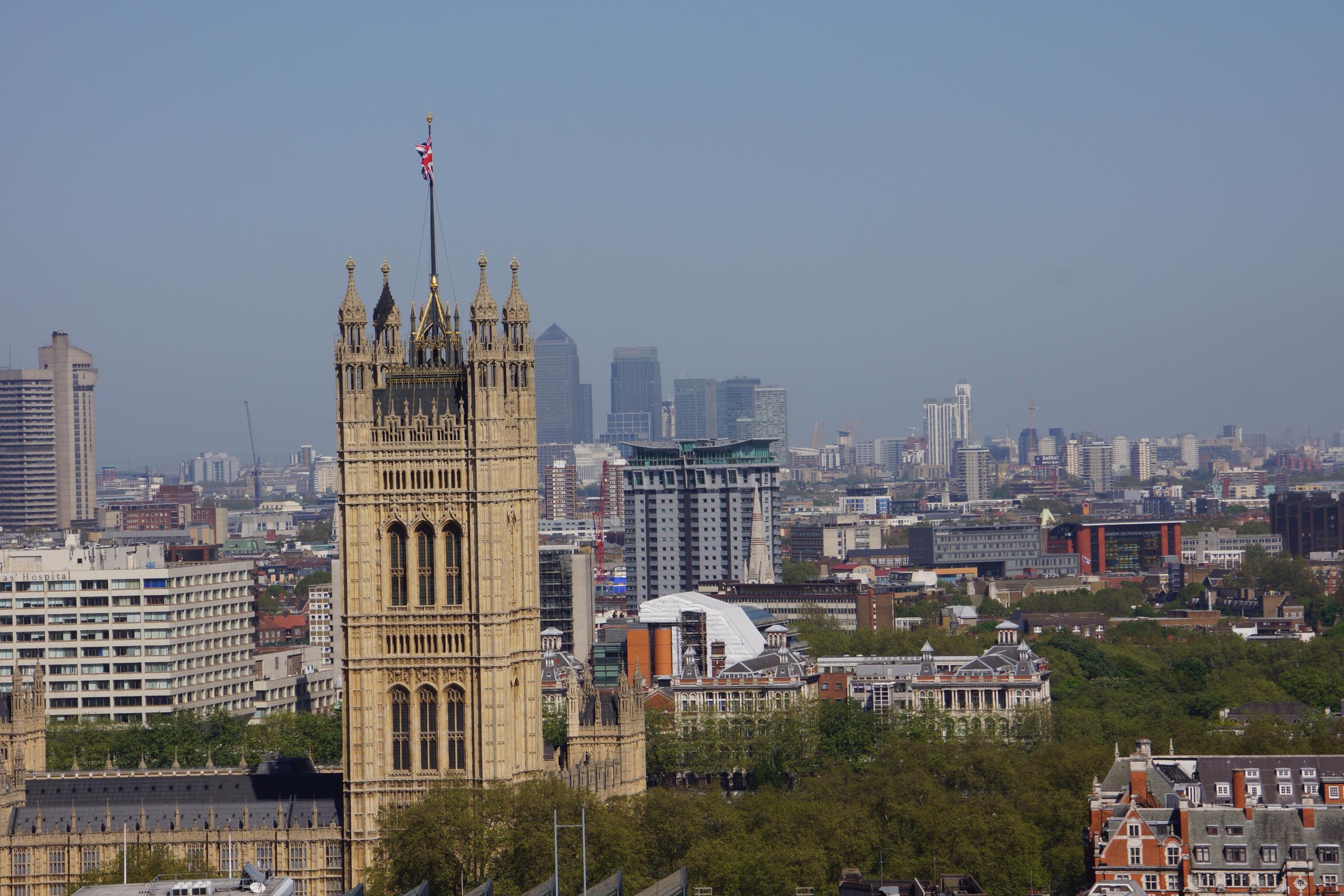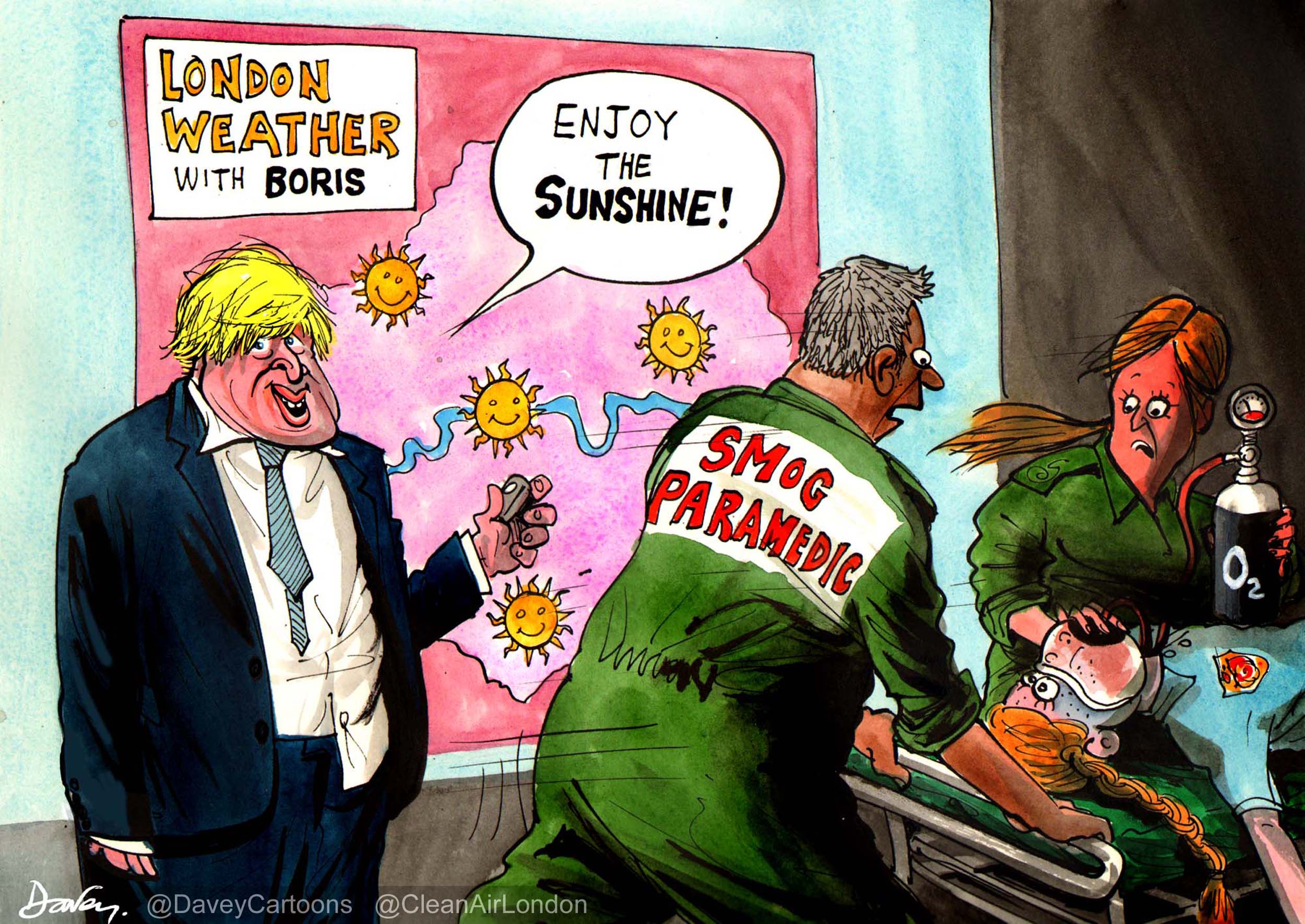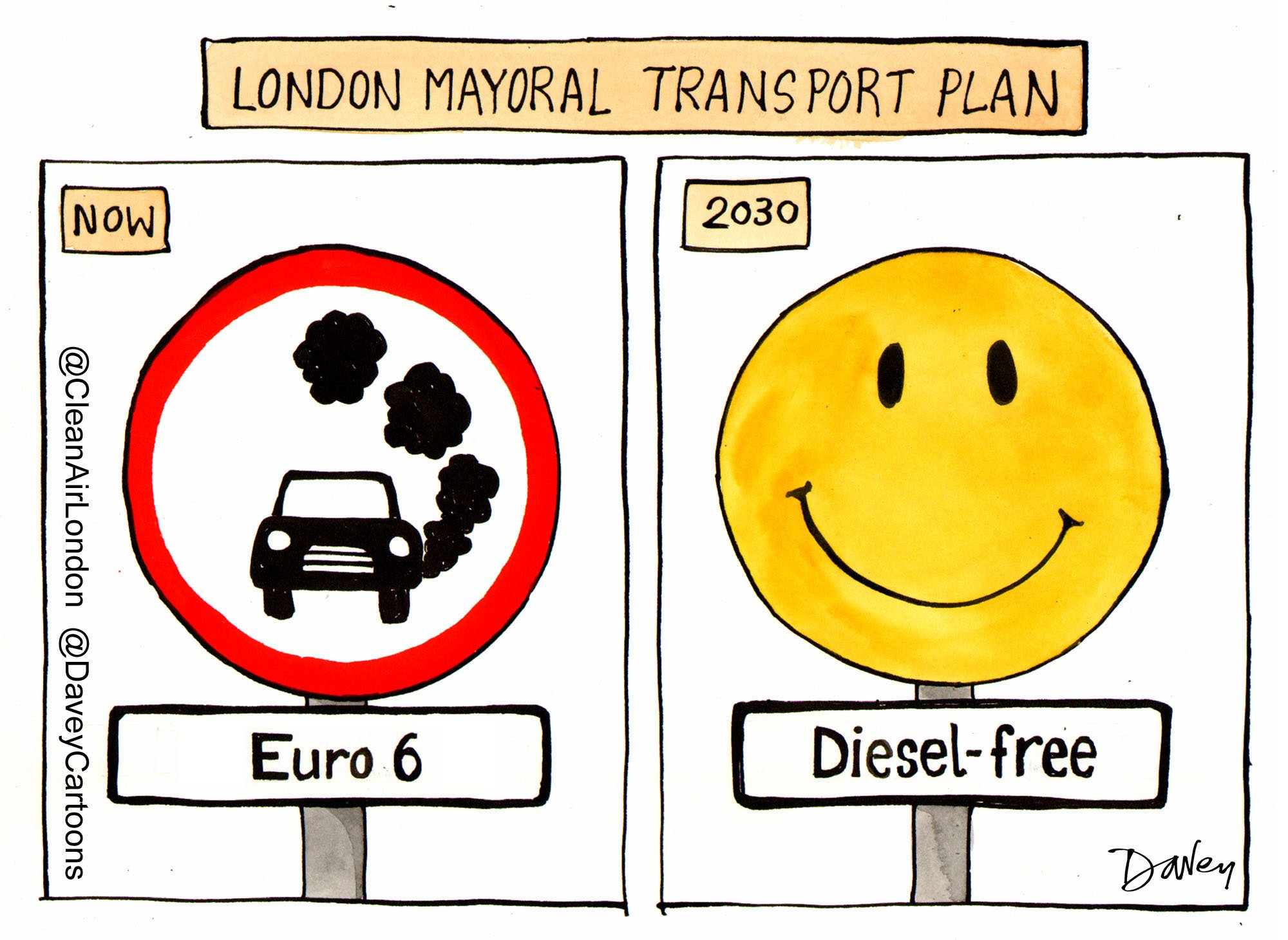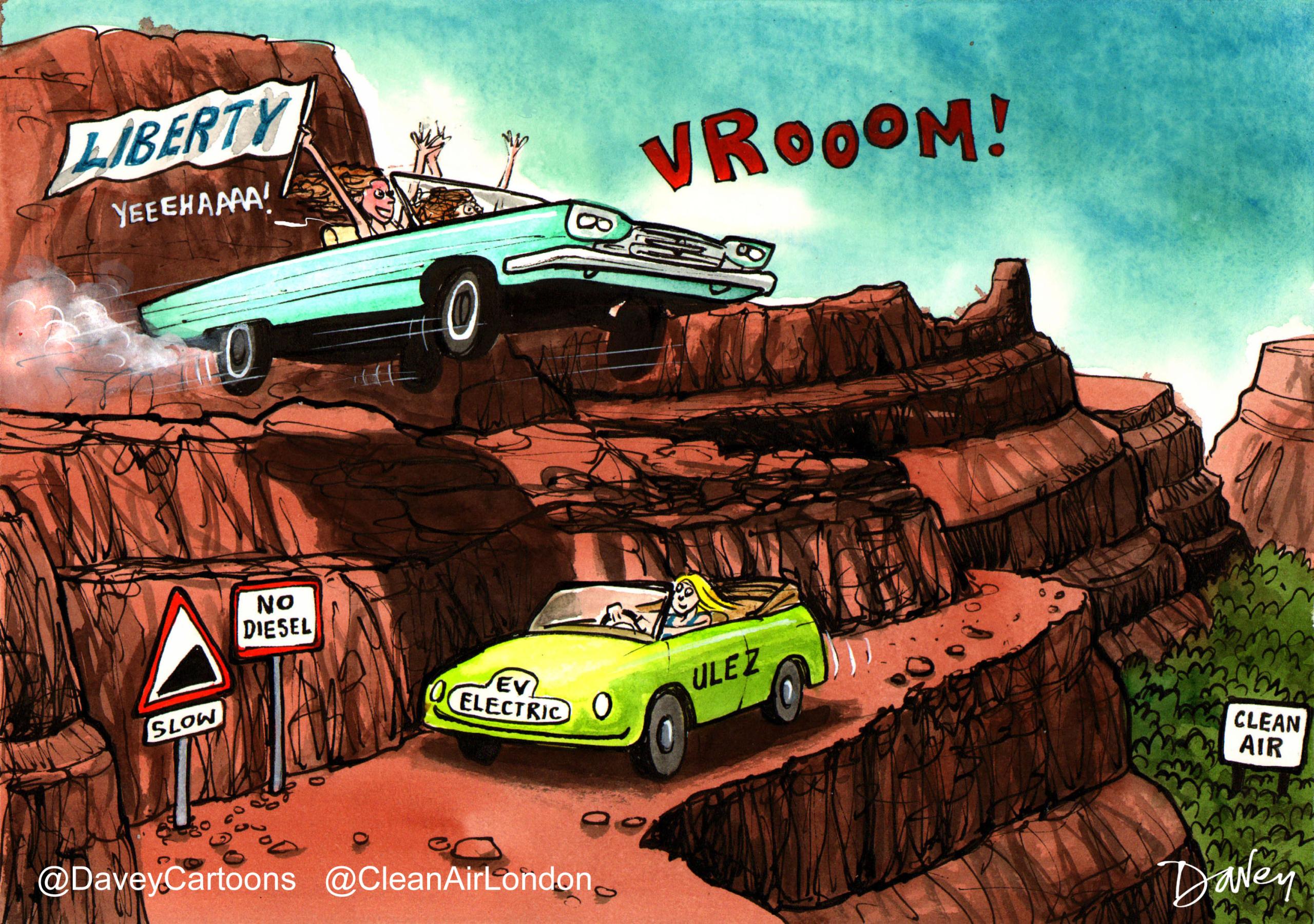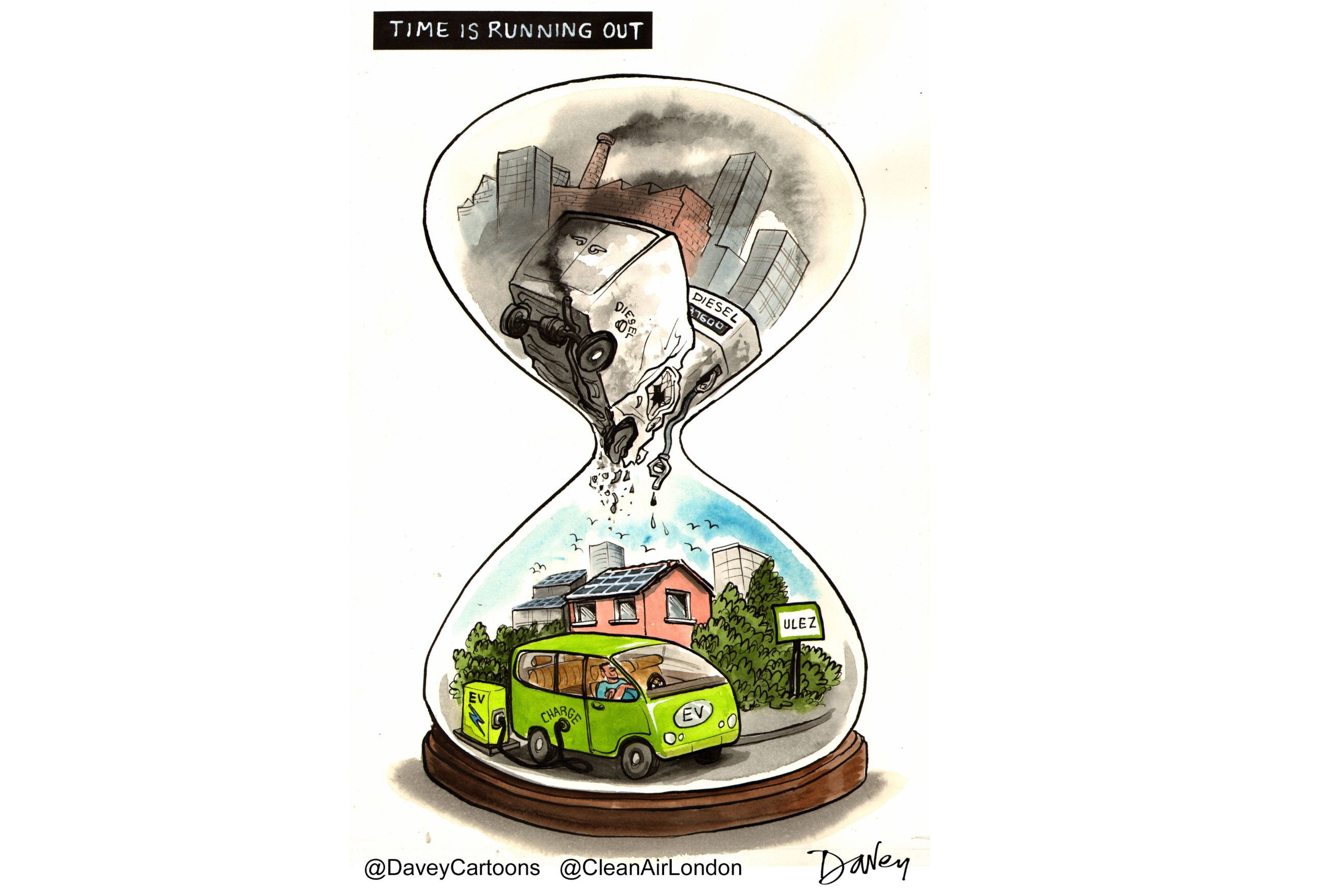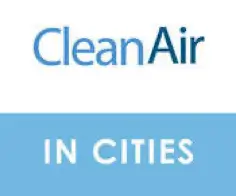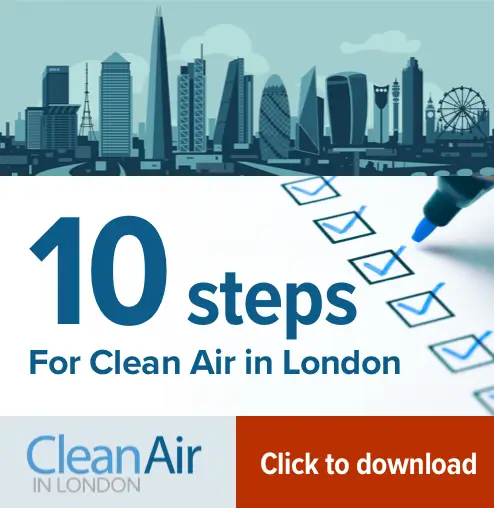MAYOR OF LONDON: PLEASE CONFIRM RECEIPT
Our reference: Trencom/Mayor/04
Ken Livingstone
Mayor of London
(London Plan Further Alterations)
Greater London Authority
FREEPOST 15799
London SE1 2BR
By email to: [email protected] with title: London Plan Further Alterations
3 December 2006
Dear Mr Livingstone
London Plan further alterations: climate change and air quality
I am writing on behalf of The Knightsbridge Association, which represents around 1,000 people and businesses in the area between Hyde Park Corner and Queen’s Gate in Central London, to respond, in respect of air quality matters, to the public consultation on the Draft Further Alteration to the London Plan. Separately, we are seeking your commitment to protect local residents, local businesses and visitors (of which there are many) in the Knightsbridge area from high levels of air pollution from nitrogen dioxide (NO2), particulate matter (PM10 and PM2.5) and street level ozone (O3) when you finalise the London Plan.
The Knightsbridge Association is seeking personal commitments from you on behalf of London’s government to:
i. recognise the extent and worsening trend for air pollution in London and that this problem needs urgent action as tough as that, for example, required to reduce road traffic fatalities further;
ii. treat air pollution holistically in the London Plan and in all relevant initiatives (i.e. air quality – mainly PM10 and PM2.5, NO2 and O3 – and climate change – mainly carbon dioxide (CO2)); like-for-like to the garden square, the similar reading would be 70/50 times 40 µg/m3 community groups representating Central London, with most of those seeking
iii. treat air quality at least as robustly as climate change in the London Plan and all relevant initiatives e.g. in your Climate Change Bill initiative with the Friends of the Earth;
iv. adopt for London the 12 commitments for air quality sought by The Knightsbridge Association in its letter to the Department of Environment, Food and Rural Affairs (Defra) dated 25 June (which is attached and can be the same commitments in respect of their own areas, and leading London politicians Angie Bray, Mark Field and Darren Johnson (see later); and
v. include a commitment in the London Plan policy section to specific air quality outcomes with annual action plans, by primary postcode (e.g. SW7), that are independently assessed.
The purpose of the London Plan should be to make unambiguous commitments and establish a robust framework with clearly defined responsibilities and accountability for delivering them. In our considered view, it does not yet pass that test in relation to air quality and particularly so when part of the air pollution “goal posts” are (rightly) moving to meet climate change challenges. We urge you to go much further in the London Plan by making the commitments summarised above.
We request respectfully that you reply personally please to this letter in your capacity as Mayor of London.
1. Record breaking levels of air pollution in Brompton Road
Air pollution in Brompton Road is currently at the highest levels recorded since regular monitoring began here. According to the excellent London Air Quality Network (www.londonair.org.uk), annual mean levels of NO2 so far in 2006 are 95 μg/m3 (compared to the previous peak of 93 μg/m3 in 2003 and the lowest level of 83 μg/m3 when regular monitoring began in 2001). Hourly maximum recommended exposure levels for NO2 have been exceeded already so far in 2006 on 341 occasions (compared with the previous peak of 288 exceedances in 2005 (i.e. a full 12 months) and (again) the lowest recorded of 97 exceedances (i.e. a full 12 months) when monitoring began in 2001). This is a very worrying and unacceptable situation for those who live in, work in and visit this area – more so because the authorities responsible for improving local air quality seem to have lost control of it. Please will you make a personal commitment to rectify this situation urgently and press Westminster City Council and the Royal Borough of Kensington and Chelsea to take “joined up” action with you.
As an indication of the very high level of PM10 along Brompton Road, PM10 was measured by an independent agency, one metre back from the railings in a garden square near Brompton Road between 8.00 am and 8.00 pm on 7 June 2006. They recorded average PM10 levels of 70 μg/m3 during that period of which 50 μg/m3 was ultra fine particulate matter (PM1), 5 μg/m3 was fine particulate matter (PM1-2.5) and 15 μg/m3 was coarse particulate matter (PM2.5-10). In the same 12 hour period at the Cromwell Road pollution monitoring station PM10 averaged 50 μg/m3. So far in 2006, PM10 air pollution in Cromwell Road has been measured at an average of 40 μg/m3 (itself a breach of European Union (EU) legal limits) but, if this is extrapolated i.e. 56 µg/m3. This level of air pollution is alarming given the seriousness of the PM10 pollution generally and it is worse still because of the very high proportion of the most dangerous ultra fine and fine particles within it. We have no local pollution monitoring station for PM10 since Westminster City Council closed one after it had recorded high levels of PM10 in November 2000.
The above air pollution levels compare most adversely to World Health Organisation (WHO) recommended levels of air quality for NO2 of an annual mean of 40 μg/m3 and 18 exceedances of 200 μg/m3 as a one hour mean and for PM10 of an annual mean of 40 μg/m3 and 35 exceedance of a 50 μg/m3 24 hour mean. Furthermore, Brompton Road readings are taken nearly 400 metres (where the road is narrowed to one lane in each direction by the road configuration) from the site of the worst local air pollution, where 12 lanes of traffic merge at the top of Sloane Street. Although PM10 is not measured at the Brompton Road monitoring site, the broad correlation between the two air pollutants, and the recent independent monitoring nearby, indicates very high levels of PM10 (and probably O3) here too.
2. Four times as many people die from PM10 as traffic accidents in London
You recognise personally that air pollution is a very serious problem for London. In the Foreword to the Best Practice Guidance on “The control of dust and emissions from construction and demolition” published by the Mayor of London and the London Councils in November 2006, you emphasised that London suffers from high levels of air pollution and that “Poor air quality damages peoples’ health and affects their quality of life. In 2005 it was predicted that approximately 1,000 accelerated deaths and 1,000 extra respiratory hospital admissions occurred in London as a result of PM10 air pollution.”
In the Department for Transport’s report on “Road Casualties Great Britain 2005” published in September 2006, Table 47 on page 124 shows that there were 214 fatalities in London in 2005.
Please recognise, on behalf of London’s government, the extent and worsening trend for air pollution in London and that this problem needs urgent action as tough as that, for example, required to reduce road traffic fatalities. Of course, this will need to include a high profile media campaign and regular air pollution alerts to Londoners (see our letter to Defra dated 25 June for full details of our recommendations). Why, for example, have we not seen yet a media campaign informing people of all the specific places in London identified as having breached EU legal limits for PM10 in 2005 with information about the health consequences of such exposure?
3. Sir Nicholas Stern
Sir Nicholas Stern, in his excellent recent report to which you have referred, commented on page 276 that “Climate change policies can help to reduce local air pollution, with important benefits for health”. However, he also made clear, at the bottom of page 277, that “Sometimes climate change objectives will conflict with local air quality aims. This is a particular issue with transport.” Sir Nicholas went on to say, at the top of page 278, that “Policies to meet air pollution and climate change goals are not always compatible. But if governments wish to meet both objectives together, then there can be considerable cost savings compared to pursuing both separately”.
It is vital that street level air pollution is included in the forthcoming Climate Change Bill in order to ensure that: air pollution is addressed holistically (as opposed to sub- optimally at the expense of air quality); the cost savings highlighted by Sir Nicholas are achieved; and the health benefits of improved air quality are “locked in” to offset the costs of the necessary climate change action. As if to emphasise the last point, Stavros Dimas, the EU Environment Commissioner said in a speech to the British Chamber of Commerce in Brussels on 9 November 2006, that “The most obvious benefit that a clean environment brings to the economy is by preventing the negative impact of pollution. A degraded environment will affect the economy’s bottom line just as much as its affects the quality of people’s lives. The ill health due to air pollution costs the EU economy Euros 14 billion every year”.
Please commit, on behalf of London’s government, to treat air pollution holistically in the London Plan and in all relevant initiatives (i.e. air quality – mainly PM10 and PM2.5, NO2 and O3 – and climate change – mainly CO2). It is vital that climate change and air quality objectives are both met.
Please also press HM Government to address air pollution holistically and consistently in the forthcoming Climate Change Bill. Furthermore, please press the Secretary of State for Defra also to have an environmental contract for air, as he plans for water and waste, either effected through the Climate Change Bill or otherwise.
4. Mayor’s commitment to climate change annual plans and targets
On 31 October 2006, as Mayor of London, you committed to support the Friends of the Earth’s call for a Climate Change Bill. You said:
“Climate change is the single biggest threat to the development of human civilisation and as Mayor it is my top priority for London. This is a problem we cannot ignore. As the Stern review has shown this week, the future of our economy as well as our environment rests on taking action now rather than waiting for problems to unfold.
“I am pleased to support Friends of the Earth’s `Big Ask’ climate campaign and its call for a Climate Change Bill requiring annual cuts in UK carbon dioxide emissions. In London we are already developing a climate change action plan which will set targets and sector by sector measures aimed at cutting the capital’s emissions every year. We will concentrate on the areas where we can have the biggest and quickest impact. As a major world city we can set an example that others follow so that we cut global carbon emissions to levels that avert catastrophic climate change.”
It is vital, as Sir Nicholas Stern has highlighted, that air pollution is addressed holistically. Please make the same commitment to annual targets and accountability in respect of air quality in London that you are seeking in respect of climate change including the measures included in the draft Climate Change Bill published by the same Big Ask Campaign team in April 2005 with cross-party support from John Gummer (Conservative former Environment Secretary), Michael Meacher (Labour former Environment Secretary) and Norman Baker (Liberal Democrat Environment spokesperson at the time).
There can be no justification for (rightly) seeking (and making) commitments in respect of the climate change aspects of air pollution and then not making (and seeking) the same commitments in respect of the air quality aspects of air pollution (e.g. in London and for the Climate Change Bill).
Please commit, on behalf of London’s government, to treat air quality at least as robustly as climate change in the London Plan and all your relevant initiatives.
5. 12 Commitments on air quality
The Knightsbridge Association responded to the Defra’s national consultation on The Air Quality Strategy for England, Wales, Scotland and Northern Ireland in a letter to the Secretary of State, David Miliband, dated 25 June on which you were copied. Our letter, which sought 12 commitments to improve air quality in London, has been supported by almost all the community organisations in Central London with most of those seeking the same 12 commitments in their area.
Our letter was further supported by leading London politicians – Angie Bray and Mark Field of the Conservative Party and Darren Johnson of the Green Party (who is also Chair of the Greater London Authority’s (GLA’s) Environment Committee).
We hope sincerely that you will become a leading supporter of that Campaign to achieve WHO recommended standards of air quality in London by January 2010 (and earlier for particulate matter) so that we head towards the Olympics without international concerns about London’s air quality becoming a major distraction to an otherwise exciting event.
The full list of organisations supporting the stance taken by The Knightsbridge Association on air quality can be obtained by making an appropriate Freedom of Information request to Defra.
Please commit, on behalf of London’s government, to adopt for London the 12 commitments for air quality sought by The Knightsbridge Association in its letter to the Defra dated 25 June (which can be downloaded from our website).
6. The London Plan Further Alterations: Policy 4A.6 “Improving air quality”
The Knightsbridge Association is very concerned that you are proposing to weaken rather than take the opportunity to strengthen substantially the commitment in the London Plan to improve air quality in London. Instead of removing the only policy reference in the London Plan that commits specifically to objectives and plans to improve air quality, we urge you to include at least the recommended policy reference below and to consider whether significant other improvements to the London Plan could be made to reinforce the delivery of all the commitments sought at the start of this letter.
Part of the previous draft of Policy 4A.6 of the London Plan said:
“The Mayor will and the boroughs should implement the Mayor’s Air Quality
Strategy and achieve reductions in pollutants by:
- ·identifying environmental constraints on polluting activities to ensure protection of local air quality, setting criteria in respect of different pollutants against which plans and policies can be appraised and proposals assessed”
The current draft of Policy 4A.6 replaces the above wording with:
The Mayor will and the boroughs should implement the Mayor’s Air Quality Strategy and achieve reductions in pollutant emissions and public exposure to air pollution by:
- ·promoting sustainable construction to reduce emissions from the demolition and construction of buildings (policy 4A.2)”
The Knightsbridge Association considers that the final version of the London Plan should include a specific obligation to achieve air quality objectives with:
“The Mayor will and the boroughs should implement the Mayor’s Air Quality Strategy and achieve reductions in pollutant emissions and public exposure to air pollution by:
- ·committing to: (i) annual air quality action plans which set targets and sector by sector measures by primary postcode [(e.g. SW7)] to meet air quality objectives enshrined in European Union legislation since 1999; and (ii) an annual independent verification process which clearly assesses progress against the trajectory needed to meet those objectives at the earliest date set for compliance in the legislation (without applying for time extensions).”
It is vital that commitments to improve air quality in the London Underground are included explicitly also in the London Plan given that exposure of passengers and staff to PM10 is currently well above WHO recommended levels.
Please commit, on behalf of London’s government, to include a commitment in the London Plan policy section to: (i) annual air quality action plans which set targets and sector by sector measures by primary postcode [(e.g. SW7)] to meet air quality objectives enshrined in EU legislation since 1999; and (ii) an annual independent verification process which clearly assesses progress against the trajectory needed to meet those objectives at the earliest date set for compliance in the legislation (without applying for time extensions).
7. Make air quality in London an international success story
Please recognise the great need to improve air quality in London by gripping a problem that seems to be getting significantly worse not better. We know that measures, like the Low Emission Zone (on which we expect to comment by the closing date for the consultation of 2 February), are needed urgently but these will address only a relatively small proportion of the overall problem.
Please also do not let people tell you that the need to achieve EU legal limits for air quality by January 2010 (and January 2005 for PM10) is, or was, a surprise. These legal limits have been in legislation since 1999. Urgent action of sufficient scale is needed now if these obligations are to be met convincingly in London.
We would go further and ask you please to use your international reputation to press for tough measures in Europe when the European Parliament meets for a second and final reading of the new EU Air Quality Directive in spring 2007. We understand that the first reading resulted in an unnecessary weakening of the draft EU Air Quality Directive sought by the EU Commission and the Member States, at least in part, as a result of intense lobbying by the German vehicle industry. Please use the full weight of your resources at the EU, encouraging cross-party political support, to help us to achieve a robust, overarching framework in Europe for air pollution which is reinforced by world leading legislation in the United Kingdom and London. If London leads the way, other European cities will surely follow.
As far as we are aware, there is no package of proposals yet from the Mayor of London that can reasonably be expected to achieve the current EU legal limits for air quality by the earliest date in legislation for compliance (assuming no time extensions). If there is such an assessment, please treat this letter also as a Freedom of Information request for us to receive it. Without such a plan being actioned successfully, we do not consider that the Mayor could make a case that London had taken all reasonable measures to meet the EU legal limits by their due date (which would be a pre-requisite for any – unacceptable – request for time extensions). We recognise that London is already in widespread breach of EU legal limits for PM10 that were missed in 2005. We are attaching (in the email) copies of our previous letters addressed to or copied to you, as Mayor of London, on air pollution. Please see also our website “Campaign for free access to clean air of acceptable quality in London” on the BBC Action Network at:
This letter has been published today also on the BBC Action Network.
Thank you sincerely for taking seriously our concerns about air pollution in London and giving the issues we raise your particular attention. We recognise that you are already taking many steps to improve air quality in London.
We look forward to hearing from you.
With best wishes.
Yours sincerely,
Simon Birkett
Chair
Transport and Environment Committee
The Knightsbridge Association
Enclosure: Letter to Defra dated 25 June 2006 that can also be downloaded from The Knightsbridge Association’s website
Cc: Stavros Dimas, The Commissioner for the Environment DG
Marianne Klingbeil, Head of Unit, Env. C. 3 – Clean Air & Transport
Various London Amenity Societies and Business Groups
Jenny Bates, London Regional Campaigns Co-ordinator, Friends of the Earth
Rt. David Miliband MP, Secretary of State, Defra
Dr Martin Williams, Head of Air and Environment Quality Division, Defra
Peter Ainsworth MP, Shadow Secretary of State, Defra
Rt. Hon. Douglas Alexander MP, Secretary of State, Department for Transport
Ben Bradshaw MP, Minister for Air Quality
Alistair Carmichael MP, Shadow Secretary of State for Transport
Chris Grayling MP, Shadow Secretary of State for Transport
Chris Huhne MP, Shadow Environment Secretary
Ian Pearson MP, Defra, Climate change
Tim Yeo MP, Chairman Environmental Audit Committee
Mrs Gwyneth Dunwoody MP, Chairman of the Transport Committee
Mark Field MP
Rt. Hon. Sir Malcolm Rifkind QC MP
Gerard Batten MEP, Independence
John Bowis MEP, Conservative Party
Chris Davies MEP, Liberal Democrat
Robert Evans MEP, Labour
Mary Honeyball MEP, Labour
Syed Kamall MEP, Conservative
Ms Jean Lambert MEP, Green Party
Baroness Ludford MEP, Liberal Democrat
Linda McAvan MEP, Labour
Claude Moraes MEP, Labour
Charles Tannock MEP, Conservative Party
Sir Roy McNulty, Chairman, Olympic Delivery Authority
Sarah Legge, GLA Principal Policy Adviser – Air Quality
Angie Bray LAM, Leader of the Conservatives
Jenny Jones LAM, Leader of the Green Group
Darren Johnson LAM, Chair of the Environment Committee, GLA
The Lord Tope LAM, Leader of the Liberal Democrat Group
Councillor Sir Simon Milton, The Leader of the Council, City of Westminster
Councillor Merrick Cockell, Leader of the Council, The Royal Borough of Kensington and
Chelsea
Councillor Frances Blois
Councillor Alan Bradley
Councillor Tony Devenish
Councillor Philippa Roe
Councillor Dr Iain Hanham
Councillor Margot James
Councillor Mrs Shireen Ritchie
Martin Low, Director of Transportation, City of Westminster
Mike Le Roy, City of Westminster
Mike Stroud, Executive Director for Transport, Environment and Leisure Services
Mahmood Siddiqi, Chief Traffic Engineer, The Royal Borough of Kensington and Chelsea London Low Emission Zone Consultation Team

